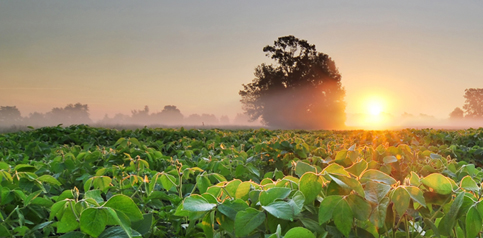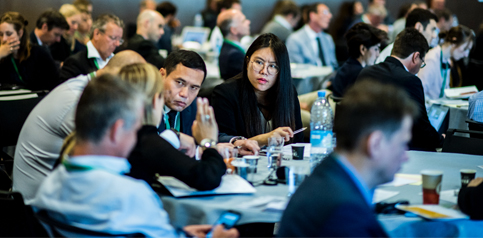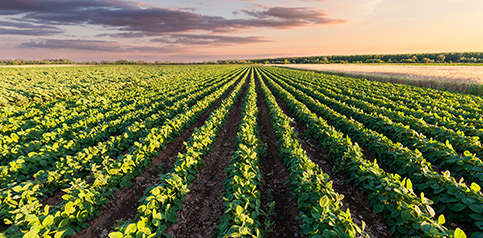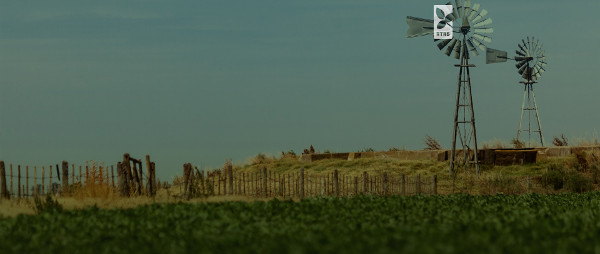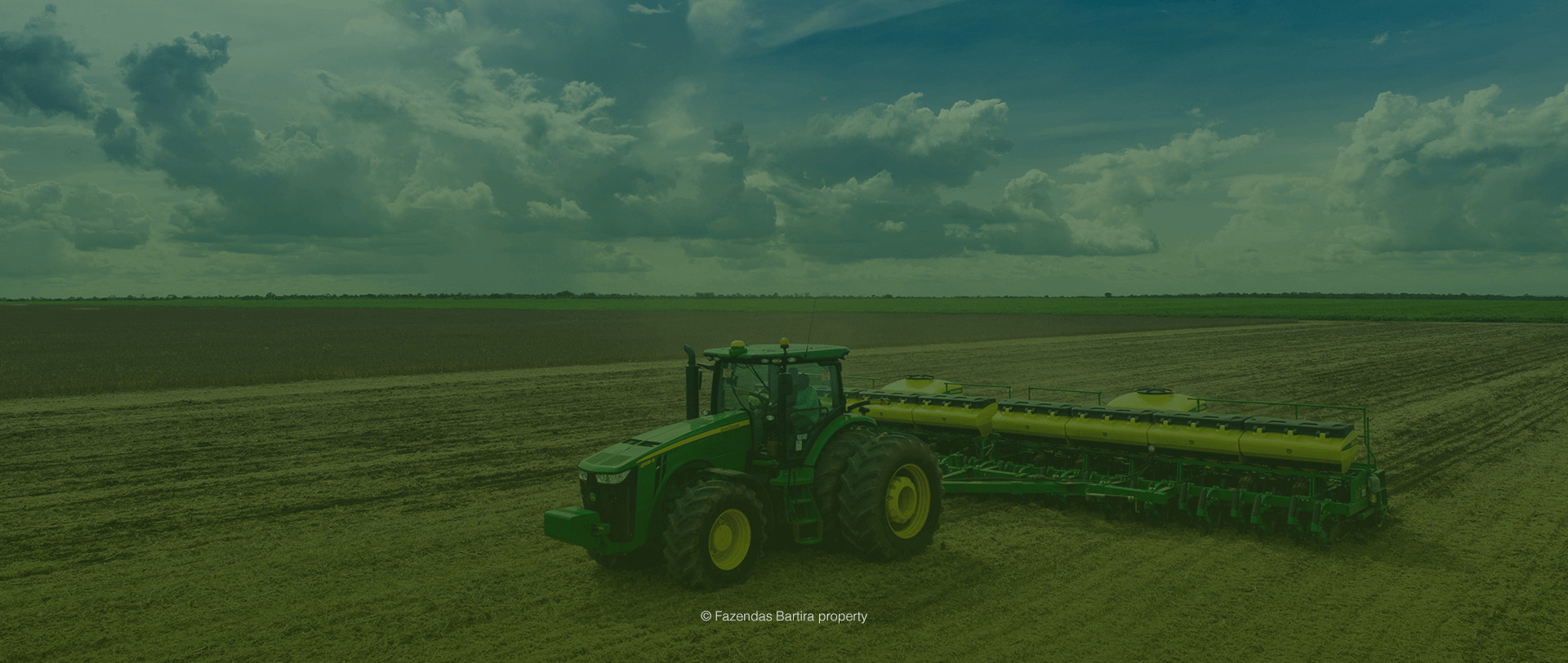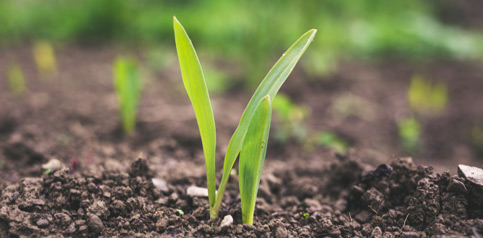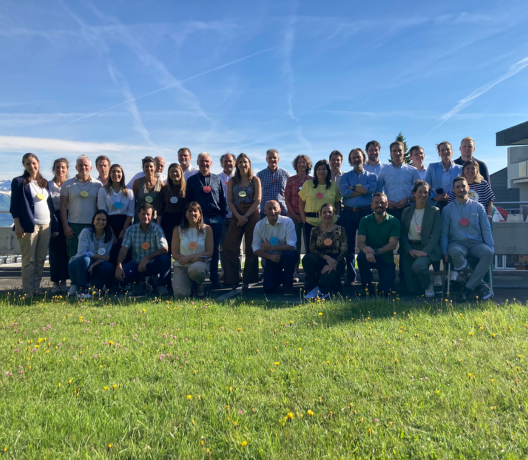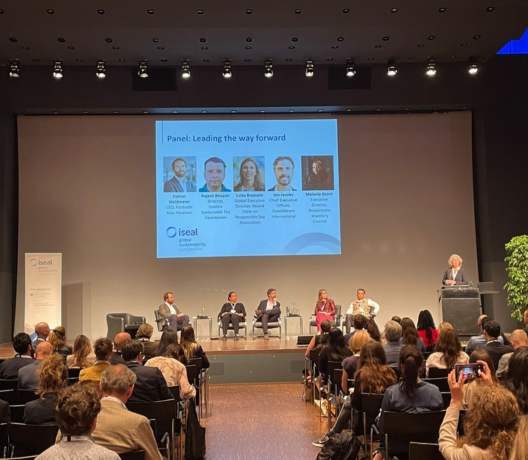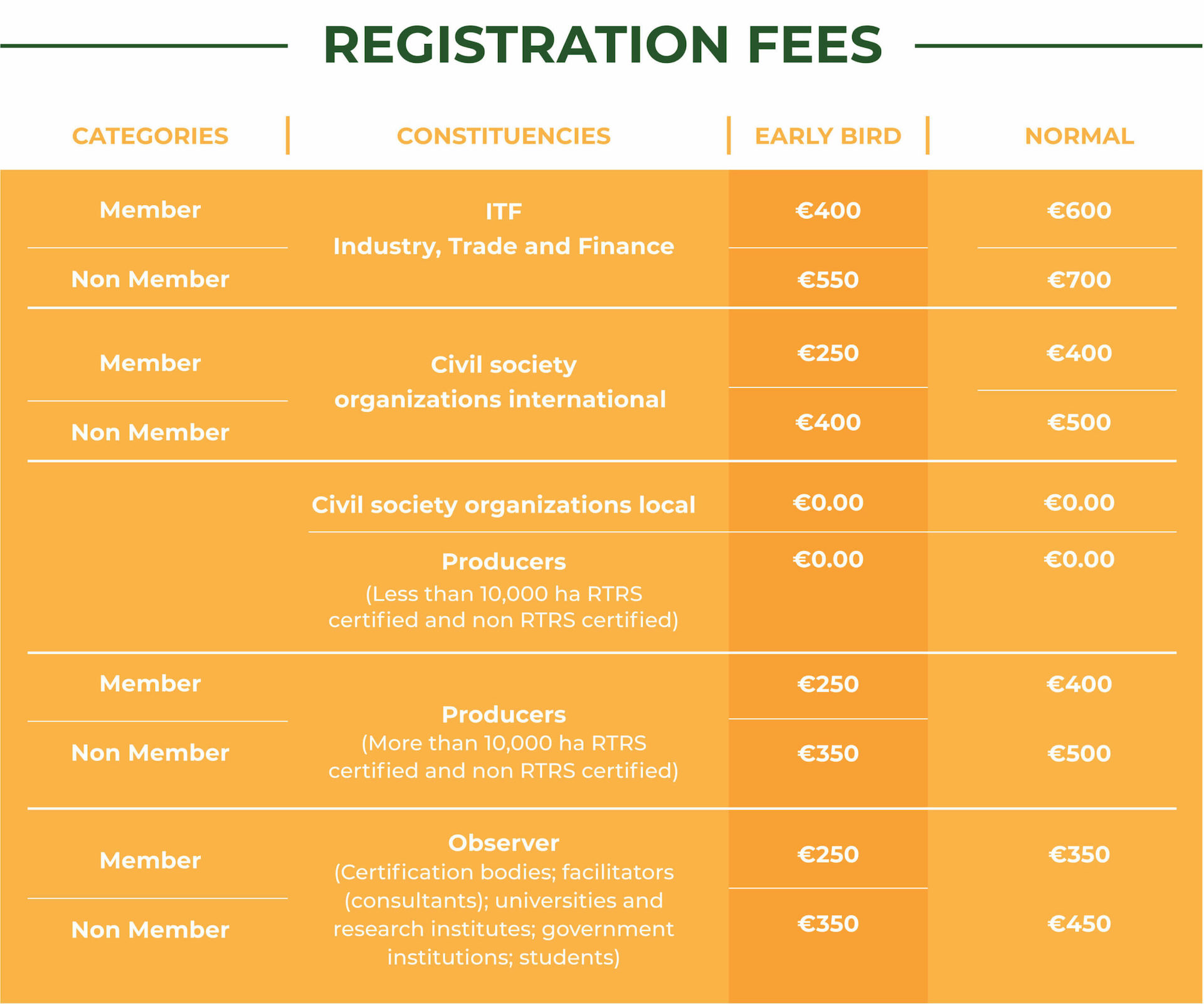RTRS makes important contributions to the SDGs
It was developed by the Copenhagen Business School in collaboration with Preferred by Nature. The report positions itself as a business guidance and tool to assess and justify concrete contributions to SDGs. The RTRS Standard for Responsible Soy Production version 4.0 has been proven to make a cross-cutting contribution to the Sustainable Development Goals.
This week the Copenhagen Business School (CBS) published this report encouraging the uptake of RTRS soy as a means to advance the United Nations’ Sustainable Development Goals (SDGs). The university assessed the alignment between the RTRS standard for responsible soy production and the SDGs and concluded that RTRS makes important contributions to the SDGs thanks to its holistic model. The Report is part of CBS’ efforts to support companies in their transition to sustainable agriculture and will help businesses report on their impact on the SDGs through becoming RTRS member and adopting RTRS soy.
The soy production chain has a high potential impact on many factors of the SDGs, from its contribution to feeding the world, to providing decent work and life conditions, to protecting the world’s lungs – our forests. Over the last years, concerns about the environmental and social consequences of non-sustainable soy production have been growing. Legislators, companies, consumers, and civil society around the world have made it their mission to transition towards responsible soy, and they want to know which partners to trust. They are increasingly demanding transparency and concrete efforts from actors in the entire soy value chain.
The report matched keywords from the 169 targets and 244 indicators of the SDGs with the 108 indicators of the 5 principles of the RTRS production standard. The results score each of the RTRS principles against each of the SDGs, resulting in an assessment of how strong the alignment is between them.
The report highlights and concludes that thanks to its holistic model based on 5 principles – legal compliance and good business practices, responsible labour conditions, responsible community relations, environmental responsibility, and good agricultural practices – RTRS makes a cross-cutting contribution to the SDGs. The benchmark proves that every SDG is aligned with at least one RTRS principle, while most SDGs match with at least two RTRS principles, indicating strong alignment. The report specifically remarks that RTRS makes a particularly pronounced contribution to the SDGs ‘zero hunger’, ‘clean water and sanitation’, ‘decent work and economic growth’, and ‘life on land’. RTRS also shows a notable commitment to the goals ‘no poverty’, ‘reduced inequalities’, ‘sustainable cities and communities’, and ‘peace, justice and strong institutions’.
Click here to access RTRS SDG Materiality Report
In the face of higher demand for sustainable commodities and a global trend towards increased transparency across the soy supply chain, RTRS continues providing solutions to members and stakeholders. In line with these efforts, CBS explicitly recommends that companies become members of the Round Table on responsible Soy Association (RTRS) as this will help them advance the SDGs and keep them informed about new trends to promote responsible soy.
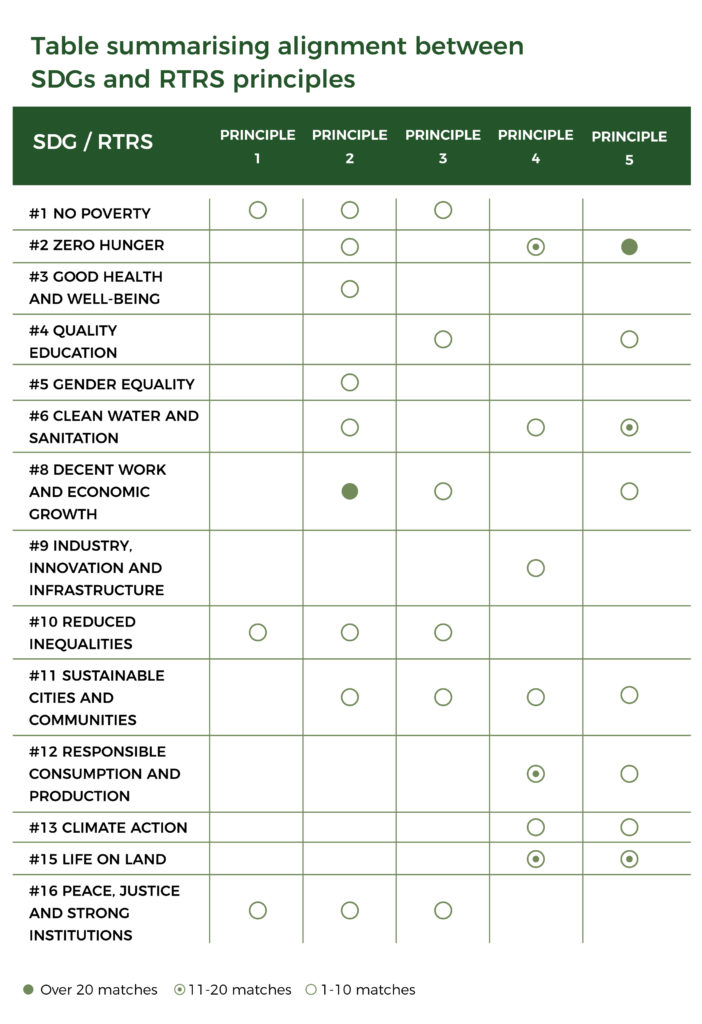

The methodology was developed in collaboration with Preferred by Nature (formerly NEPCon) an international non-profit organisation working with farmers, foresters, businesses, NGOs and governments to support better land management and business practices that benefit people, nature and the climate in more than 100 countries. For nearly 30 years, the organisation has worked to develop practical solutions to drive positive impacts in production landscapes and supply chains through innovative projects, capacity building and sustainability services.
“Certification has long been an important tool for firms to illustrate their commitment to sustainability. In a world that is ever demanding that firms and organizations illustrate their impact, the Copenhagen Business School’s RTRS SDG Materiality Report illustrates directly how firms through their support of the RTRS contribute directly to the SDGs. This report and the findings reinforces the commitment of RTRS members to the necessary sustainability transition and provides a common and impactful language to communicate this commitment”, affirms Kristjan Johannes Suse Jespersen, Associate Professor of Sustainable Innovation and Entrepreneurship. Director – Impact for Innovation Lab. Department of Management, Society and Communication of Copenhagen Business School.
“We are proud about the report ‘s conclusions highlighting that RTRS certification system makes important contributions to the SDGs thanks to its holistic model. This fact is of high relevance, since RTRS certification is a model developed by and agreed upon by representatives of the global soy value chain; representatives of the industry, trade and finance, civil society and production sectors. In other words, achieving a certification model that contributes, among other things, to feeding the world, providing decent work and life conditions and protecting the world’s forests, is an achievement for the sector and a cause for celebration. And, in my opinion, the best news is that it is a tangible and available tool to be used,” says Marcelo Visconti, RTRS Executive Director.


